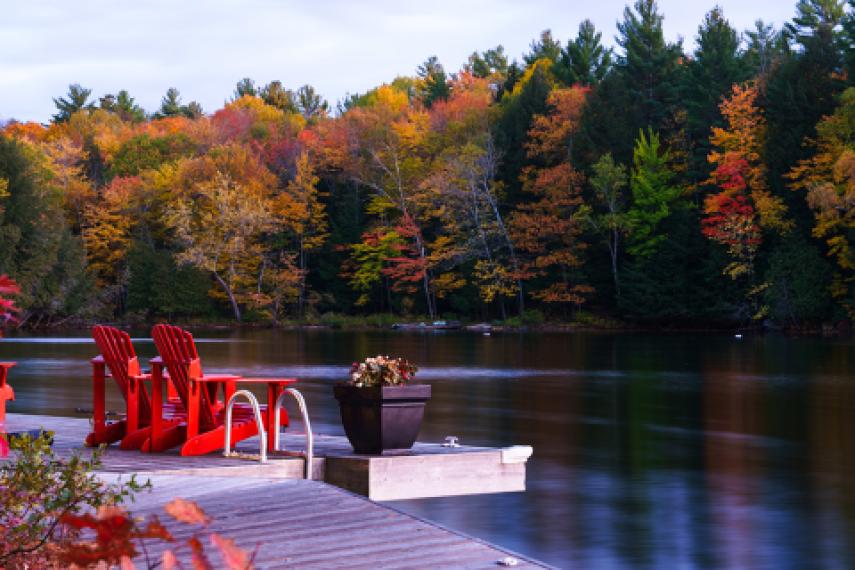
Have you ever been on a relaxing vacation watching a glorious sunset and wished you could own a vacation home of your own? Surprisingly, you don’t need a six-figure income to own your own little piece of paradise. However, it is a big commitment and you should do your homework before you decide to buy.
Things to consider before purchasing a vacation home:
1. Location, location, location!
When deciding on a vacation home, location is extremely important. Make sure you know the area well and it’s relatively easy for you to travel to and from. If your goal is to spend as much time as possible at your getaway, then the time and costs involved to get there need to fit your budget and your lifestyle.
2. Financing your vacation home.
Conventional loans are the most common loans used when financing a vacation home. Your minimum down payment is often determined by the way you intend to use the property. If you plan on using your vacation home as a personal or family retreat, then lenders will classify your property as a second home and may require as little as 10 percent down. If you plan on renting your property for part of the year, then the lender may classify your home as an investment property. Lenders typically require at least a 20 percent down payment on investment properties. If your vacation property is within 50 miles of your primary residence, lenders may also classify it as an investment property.
3. To rent or not to rent your vacation home?
Renting your vacation home can be a way of diffusing the costs of ownership, thus making it more affordable. As a general rule, lenders can count up to 75 percent of the anticipated rent your vacation home may generate as extra income to supplement your existing income. To determine the property’s potential rental income, lenders will request an appraisal with a comparable rental schedule. If you decide to rent your vacation home, make sure that the peak season for renting does not conflict with the peak time you want to use your home. Renting your home also adds additional management responsibilities and tax liabilities so it would be wise to consult a rental management company and a tax advisor.
4. Consider maintenance costs.
A vacation home will require maintenance like your primary home. That means some of your vacation time may be spent cleaning, painting, weeding and repairing what might have broken since your last visit. If you’re not very handy or don’t want to spend your vacation working on your home, consider other options like condos or townhomes which may offer exterior maintenance included with the regime fee.
If it sounds like a vacation home could be in your future, be sure to check out the lending options offered by Ameris Bank.
Reviewed July 2023
By: Marlene Sheard
Marlene is a mortgage marketing representative for Ameris Bank and previous sales and marketing president for her local Home Builders Association. She enjoys sharing her experiences for the buying, selling, and financing of homes.
The opinions voiced in this material are for general information only and are not intended to provide specific advice or recommendations for any individual.
All loans subject to normal credit approval criteria. Additional program restrictions may apply.








